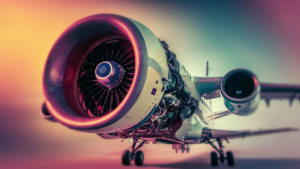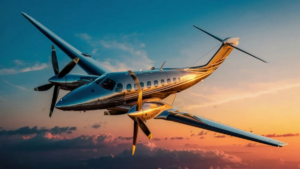Curious about the earning potential of aircraft pilots? Let’s delve into the details of how much these skilled professionals typically make in various sectors of the aviation industry.
The Factors Affecting Pilot Salaries
Several factors influence the salaries of aircraft pilots:
- Experience: Experienced pilots often command higher salaries due to their expertise and years of service.
- Type of Aircraft: The type of aircraft flown can impact earnings, with pilots of larger or more complex aircraft generally earning more.
- Employer: Airlines, cargo companies, private corporations, and government agencies may offer different salary structures.
- Location: Pilot salaries can vary based on geographical location and cost of living.
- Licensure and Certifications: Pilots with additional certifications or ratings may receive higher pay.
Salary Ranges
Salaries for aircraft pilots can vary widely depending on the factors mentioned above. However, here’s a general overview of salary ranges across different sectors:
| Sector | Salary Range |
|---|---|
| Airlines | Entry-level: $50,000 – $80,000 per year Experienced: $100,000 – $300,000+ per year |
| Cargo | Varies widely; can range from $60,000 to $200,000+ per year |
| Corporate Aviation | $60,000 – $150,000+ per year |
| Government Agencies | $40,000 – $120,000+ per year |
Additional Benefits
Aside from base salaries, aircraft pilots often receive various benefits, including:
- Health insurance
- Retirement plans
- Flight benefits
- Paid time off
- Training and development opportunities
Overall, the earning potential for aircraft pilots is significant, especially for those with experience and specialized skills. While salaries can vary depending on multiple factors, pilots in various sectors of the aviation industry enjoy competitive compensation packages and additional benefits.
Frequently Asked Questions (FAQs)
- What are the typical working hours for aircraft pilots?
Aircraft pilots often work irregular hours, including nights, weekends, and holidays. The exact schedule can vary depending on factors such as the type of aircraft, routes flown, and employer policies. - Do aircraft pilots receive bonuses?
Bonuses for aircraft pilots can vary depending on performance, company policies, and industry trends. Some pilots may receive bonuses for meeting certain performance metrics or completing specific tasks. - Is there a high demand for aircraft pilots?
The demand for aircraft pilots fluctuates depending on various factors such as economic conditions, industry growth, and retirements. Generally, there has been a steady demand for pilots, especially in regions experiencing aviation expansion.
Additional Considerations
Aside from the primary factors affecting pilot salaries, there are several additional considerations to keep in mind:
- Union Membership: Pilots working for airlines often belong to unions, which can negotiate collective bargaining agreements affecting salaries and benefits.
- Specialized Training: Pilots with specialized training, such as in handling specific types of aircraft or operating in challenging environments, may command higher salaries.
- Market Trends: Shifts in the aviation industry, such as technological advancements or changes in regulations, can impact pilot salaries and job opportunities.
See also:






